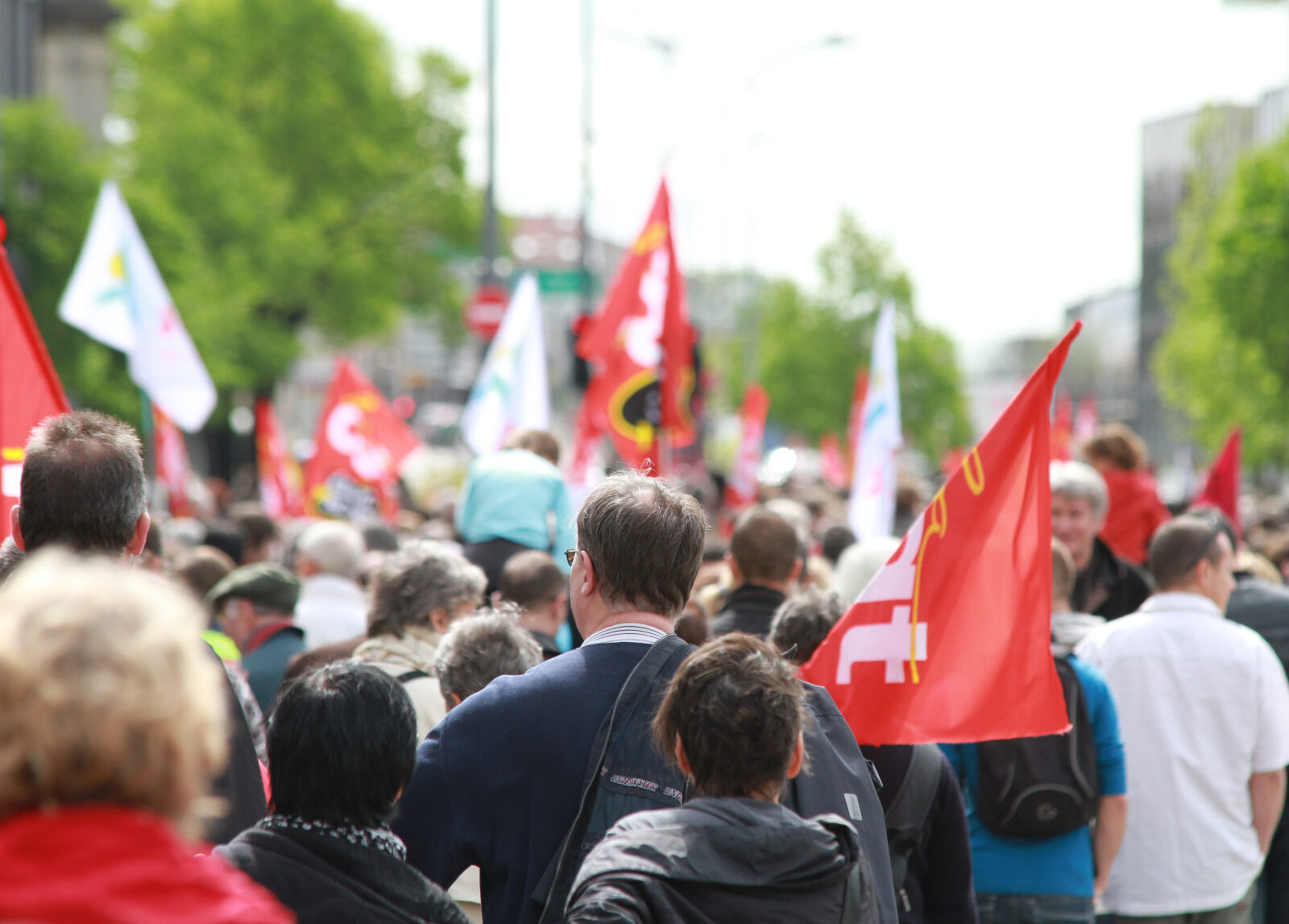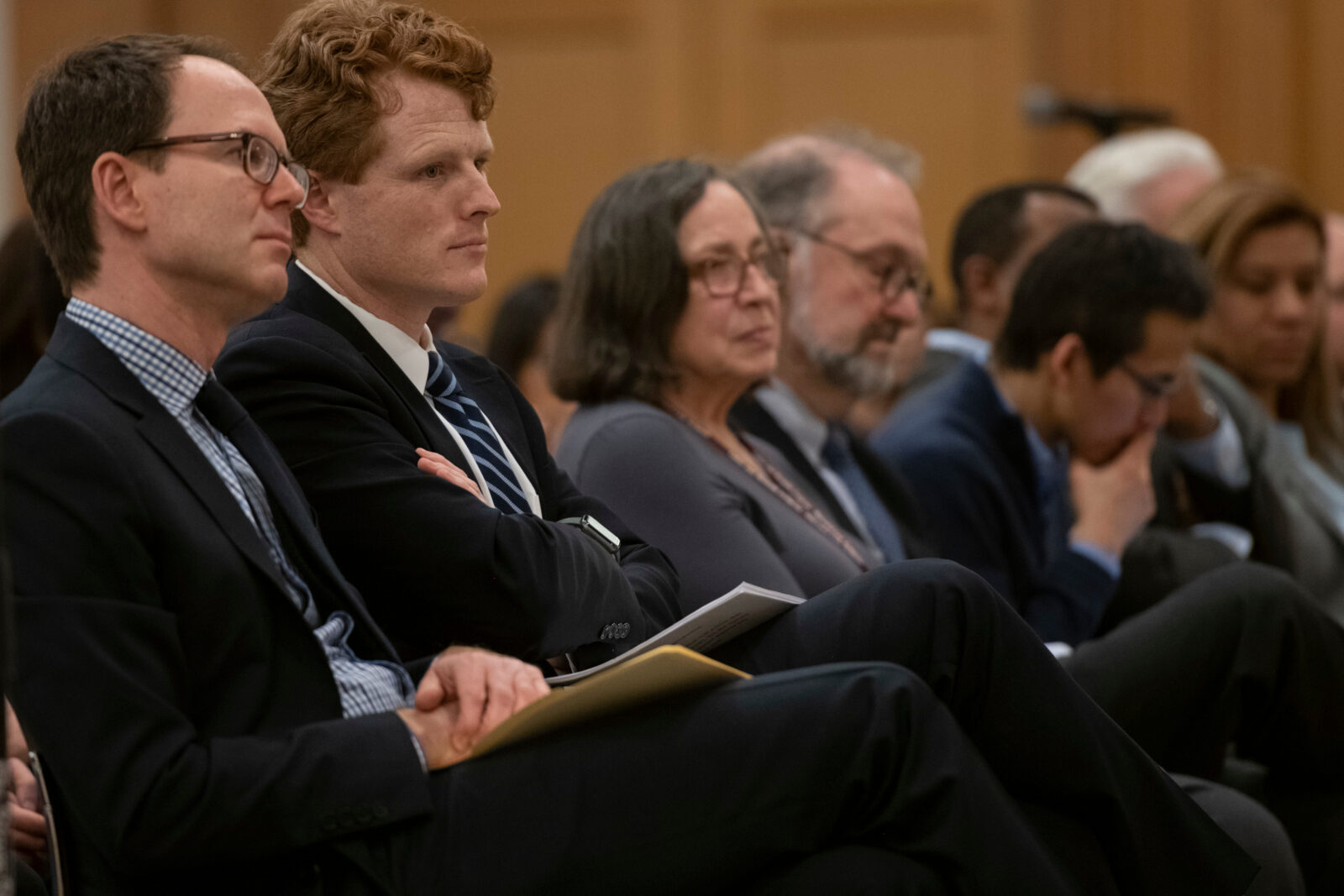Labor and Democracy
Democracy is more than a contest between candidates for votes. It requires fair distribution in both material well-being and equality in decision-making. Thus, a well-functioning democracy is contingent on an equitable distribution of power; citizens enjoy a socially acceptable standard of living and, relatedly, equal voice. But in recent years, rising levels of inequality, the growth of anti-democratic populist movements, and the decline of trust in public institutions have indicated troubling signs of democracy in peril.
The labor movement and worker organizing have always played an essential role in forming and maintaining strong democracies. They empower working people to create multi-ethnic, multi-racial, just societies that work for the many, not the few. As a result, this is a moment in which labor can and must be a transformational actor in the fight for the future of democracy, which cannot exist without economic justice. Labor is uniquely situated to play such a role through its ability to mobilize across social, racial, and economic groups; model democratic norms; and confront entrenched power. The labor movement can and must find the pathways through which it can leverage these unique capacities to intervene at a time when democracy is under threat.


PROJECT Overview
In partnership with the Ash Center for Democratic Governance and Innovation at the Harvard Kennedy School, the Center for Labor and a Just Economy at Harvard Law School has launched a project to explore the role of labor in legitimizing and defending democracy. In bringing together researchers, union leaders, activists, and others from around the world to consider how the law can facilitate a more constructive role for labor within the project of democracy, our goal is to develop concrete strategies and policy ideas to empower the role of worker organizations in strengthening democratic institutions and addressing economic and political inequality. With collaborators from across the globe, we seek to explore themes including:
- Union, Workplace, and Political Democracy
- Labor Parties and Agenda-Setting Mechanisms
- Unions as Trusted Messengers
- The Role of Labor in State and Local Democracy
For more information about the project, contact Yoorie Chang at ychang@law.harvard.edu.
WATCH: The Role of Unions in Protecting Democracy
In this webinar co-sponsored by the Center for Labor and Just Economy and the Ash Center for Democratic Governance and Innovation, Caitlin Fishman (SEIU), Jake Grumbach (UC Berkeley), Jessica Tang (Massachusetts AFT), and Sharon Block (CLJE) discuss the relationship between union membership and a robust democracy.